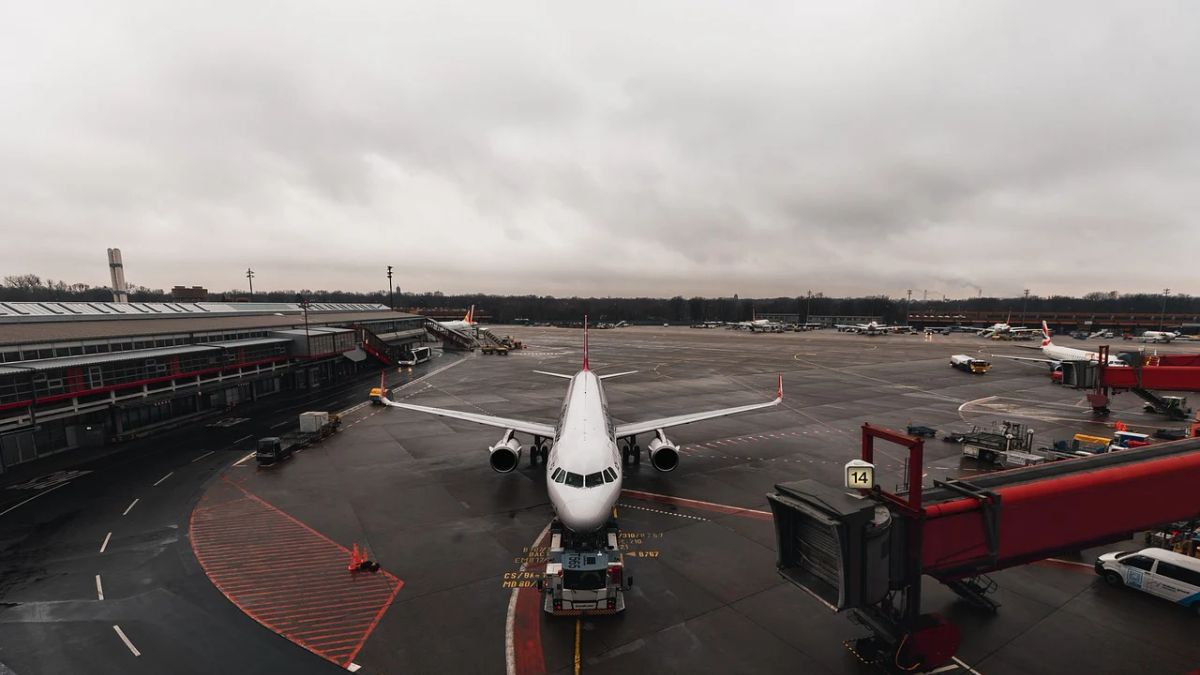JAKARTA - Early next year all flights could be disrupted by the latest expansion of 5G networks in the United States (US), according to a warning from the Federal Aviation Administration (FAA).
The agency first warned of the potential problem last November, with the FAA explaining their concern that the frequencies used for these 5G services would impact aircraft instruments called radio altimeters.
The sensor functions to measure the plane's altitude above the ground, which is very important in guiding the pilot when landing. This is the reason why airlines are afraid of the fifth-generation network.
On the other side of the issue, the CTIA, the lobby group that represents the wireless industry, disputed some of these claims in electronic filings sent to the FAA. CTIA said analysis of such 5G operations was “flawless” and that nearly 40 other countries were already using this 5G spectrum without problems, including Japan and Denmark.
“In some of these countries, 5G signals operate in the spectrum adjacent to aviation equipment. US airlines fly in and out of these countries every day. If disruption as possible, we would have seen it long before", said CTIA President and CEO, Meredith Attwell Baker, as quoted by Popular Science, Tuesday, December 21.
An FAA spokesman said wireless companies in other countries should take mitigation steps to address any issues, such as lowering power levels or changing antenna orientation.
In response to the FAA, Verizon and AT&T postponed their 5G rollout plans until January and agreed to reduce power levels from cell towers for six months, while monitoring changes.
However, the FAA issued additional directives earlier this month outlining more stringent measures, including limiting the use of radio altimeters at certain airports where the technology could be rendered inoperable due to 5G interference.
SEE ALSO:
The Wall Street Journal (WSJ) reports that the FAA is expected to issue more specific warnings and restrictions next week ahead of the anticipated 5G update, currently scheduled for January 5 in 46 metropolitan areas.
Furthermore, the WSJ said regulators from the FAA and the Federal Communications Commission (FCC) are currently considering proposals from telecommunications and aviation industry companies to find deals that allow 5G expansion without affecting airline safety or operations. That includes considering a 5G buffer zone around airports.
Meanwhile, the airline itself has been predicting turbulence. United Airlines CEO, Scott Kirby, anticipates around 4 percent of the airline's daily flights could be diverted or canceled if current FAA guidelines are enforced, and 5G updates proceed as planned.
These included flights from some of the country's largest airports and left some pilots unable to use radio altimeters on low-visibility landings.
The English, Chinese, Japanese, Arabic, and French versions are automatically generated by the AI. So there may still be inaccuracies in translating, please always see Indonesian as our main language. (system supported by DigitalSiber.id)


















